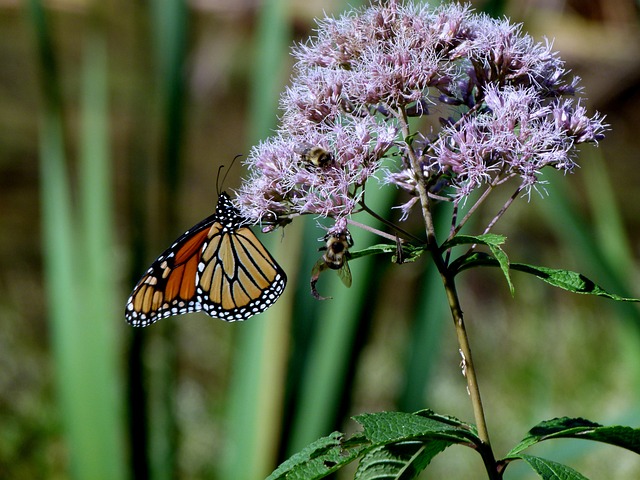2021 marked a significant milestone in Michigan's cannabis industry with the legalization of THCA (tetrahydrocannabinolic acid), a non-psychoactive compound found in raw cannabis that has garnered attention for its potential health benefits, including anti-inflammatory, neuroprotective, and analgesic effects. Michigan's progressive stance on cannabis, dating back to its medical marijuana program since 2008, has solidified its status as a pioneer in the field, particularly with this latest legislative move. The legalization of THCA has expanded the range of cannabinoid products available, offering consumers a therapeutic alternative without psychoactive effects. This development not only reinforces Michigan's position at the forefront of cannabis innovation but also enhances the therapeutic options for individuals seeking complementary or alternative health strategies. In 2023, Michigan clarified the legal status of THCA under the MRTMA, distinguishing it from Delta-9-THC and regulating products containing more than 0.3% Delta-9-THC. Consumers have access to THCA flower in dispensaries with clear labeling, but must navigate the distinction carefully and purchase from credible sources that comply with state laws. Michigan's favorable climate has also proven ideal for cultivating high-quality THCA flowers, catering to connoisseurs and those seeking the wellness benefits of this unique cannabinoid within a regulated environment.
Explore the transformative potential of THCA flowers within Michigan’s evolving legal framework. Our comprehensive article illuminates the therapeutic and wellness advantages of this non-psychoactive cannabinoid, set against the backdrop of the state’s unique agricultural conditions. Dive into the science of THCA and its effects, learn how local terroir shapes its characteristics, and gain clarity on the legal standing of THCA in Michigan. Whether you’re a consumer or an industry insider, this piece offers valuable insights into harnessing the benefits of THCA flowers responsibly and effectively.
- Unlocking THCA Flower's Potential in Michigan's Legal Landscape
- The Science Behind THCA: Benefits and Effects
- THCA Flower for Wellness: Understanding Its Uses
- Cultivating Clarity: How Michigan's Terroir Influences THCA Flowers
- Navigating THCA Legal Status and Best Practices in Michigan
Unlocking THCA Flower's Potential in Michigan's Legal Landscape
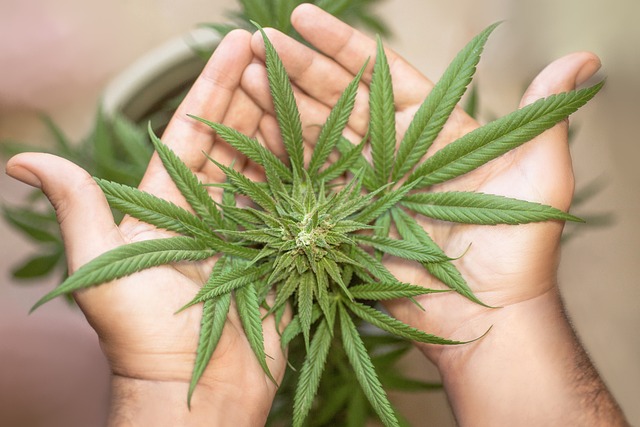
2021 marked a significant milestone for cannabis enthusiasts and producers in Michigan with the legalization of delta-9 tetrahydrocannabinol (THC) derivatives, including THCA (tetrahydrocannabinolic acid), a non-psychoactive precursor to THC found abundantly in raw cannabis flowers. As THCA flower benefits gain traction, Michigan’s legal landscape offers a fertile ground for exploring these benefits without the psychoactive effects typically associated with THC. The state’s progressive policies have paved the way for researchers and consumers to delve into the potential therapeutic uses of THCA, which some studies suggest may offer anti-inflammatory, neuroprotective, and analgesic properties.
Michigan’s medical marijuana program, established under the Michigan Medical Marihuana Act in 2008, has been a trailblazer in shaping the country’s approach to cannabis regulations. With the recent legislative updates regarding THCA legality in Michigan, consumers and businesses can now engage with a wider array of cannabinoid products, including THCA-rich extracts and infusions. This legal clarity not only supports innovation within the state’s cannabis industry but also provides individuals with more options to potentially harness the wellness benefits of THCA flowers, which could play a role in complementary or alternative health regimens.
The Science Behind THCA: Benefits and Effects
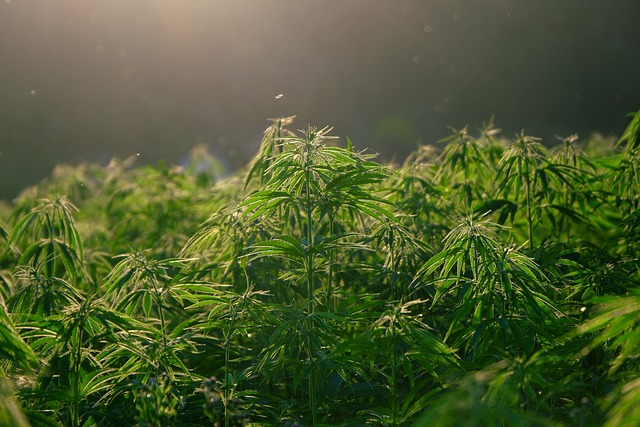
Cannabidiolic acid (THCA) is a non-psychoactive cannabinoid found in the cannabis plant, which precedes tetrahydrocannabinol (THC) when heated. As research continues to unravel the potential benefits and effects of THCA, particularly within legal frameworks such as Michigan where it is one of the states that have legalized cannabis for various uses, intriguing findings emerge. Preclinical studies suggest that THCA may possess anti-inflammatory, anti-nausea, and analgesic properties. It is believed to interact with the body’s endocannabinoid system by binding to both CB1 and CB2 receptors, offering a range of potential therapeutic effects without the psychoactive ‘high’ associated with its decarboxylated form, THC. These preliminary studies offer hope for those seeking alternatives to traditional medications for conditions like chronic pain, inflammation, and nausea.
Furthermore, in states like Michigan where THCA-rich products are legally accessible, consumers have the opportunity to explore its potential benefits firsthand. Proponents claim that raw cannabis, which is rich in THCA, can be consumed without the psychoactive effects, allowing for its use throughout the day without impairment. The therapeutic potential of THCA includes its anti-oxidant and neuroprotective qualities, which may be beneficial for individuals with neurodegenerative diseases. As such, the scientific community continues to investigate the various applications and optimal dosing of THCA, with ongoing clinical trials aiming to provide clearer guidance on its use for health purposes within the legal landscape established by states like Michigan.
THCA Flower for Wellness: Understanding Its Uses

THCA, or Tetrahydrocannabinolic Acid, is a non-psychoactive cannabinoid found in raw cannabis plants and flowers. It precursor to THC, the well-known psychoactive compound associated with cannabis. As interest in the potential health benefits of cannabinoids grows, THCA has gained attention for its therapeutic properties. In states where cannabis is legal, including Michigan, where THCA-rich products are legal, individuals are exploring this compound for its wellness applications. THCA flower, which contains high levels of THCA as opposed to THC, is being used by consumers seeking the potential benefits without the psychoactive effects. Studies suggest that THCA may offer anti-inflammatory, neuroprotective, and analgesic effects, making it a subject of interest for those looking to maintain health or manage certain conditions naturally. Additionally, the legal status of THCA in Michigan allows residents to access these potential benefits within a regulated framework, ensuring safety and quality in their wellness routines. Users often report using THCA flower for its calming effects, as well as for promoting overall well-being without impairment. This has led to an increase in the cultivation and consumption of THCA flowers, particularly among those who are sensitive to THC or prefer to avoid psychoactive substances entirely. As research continues to evolve, the understanding and utilization of THCA flower for wellness purposes may further expand, offering a promising alternative within the realm of natural health remedies.
Cultivating Clarity: How Michigan's Terroir Influences THCA Flowers
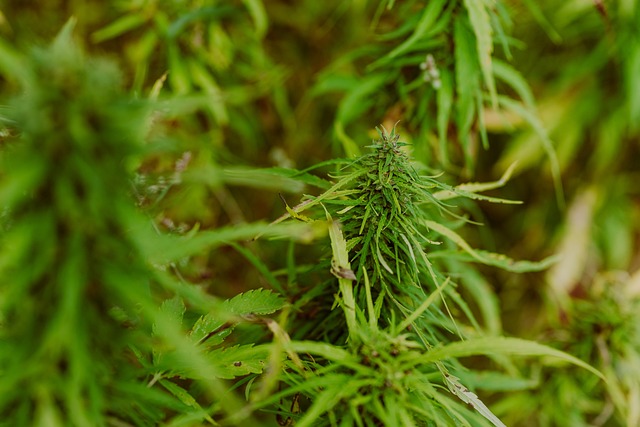
Michigan’s unique terroir, a blend of its distinct climate, fertile soil, and geographic diversity, has long been recognized for its impact on agricultural produce, including its burgeoning cannabis industry. The legalization of THCA-rich flowers in Michigan has opened new avenues for cultivators to explore the nuanced effects that terroir can have on the potency and flavor profiles of these cannabinoid-rich plants. As consumers become more discerning, they seek out the distinctive qualities that THCA flowers grown in Michigan offer. The region’s cooler lake effect climates and varied terrain provide a growing environment where THCA flowers can flourish, with trichomes that hold onto their crystalline structure longer due to the slower curing process necessitated by the humidity. This results in a more potent and clear-headed high, often described as being more focused and less sedating than its decarboxylated counterpart THC. Michigan’s cultivators are adept at leveraging these conditions to produce THCA flowers that embody the essence of their terroir, offering connoisseurs a taste of the region with each puff, while also highlighting the therapeutic benefits associated with raw cannabinoids. The careful cultivation and attention to detail required to harvest these flowers at the optimal point ensure that users can experience the full spectrum of cannabinoids and terpenes, providing a clear-headed and clarifying effect that is both unique to Michigan’s offerings and highly sought after by those in the know.
Navigating THCA Legal Status and Best Practices in Michigan
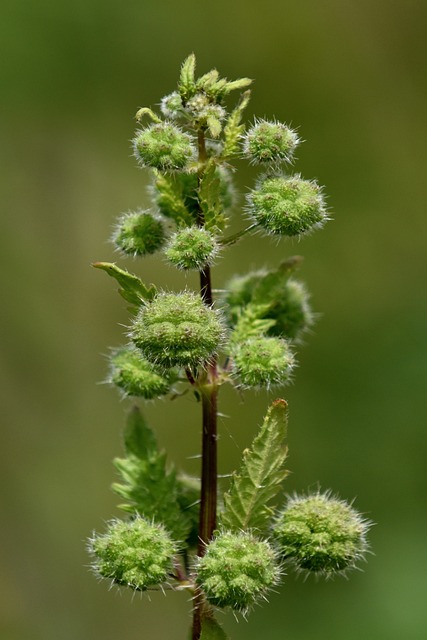
In Michigan, where cannabis legislation has evolved rapidly, understanding the legal status of THCA (Tetrahydrocannabinolic Acid) is paramount for consumers and businesses alike. As of my knowledge cutoff in early 2023, THCA is legally distinct from its psychoactive counterpart, Delta-9-THC. The Michigan Regulation and Taxation of Marihuana Act (MRTMA) has paved the way for legal adult use of cannabis, including THCA, provided it complies with state regulations. THCA flower, rich in raw cannabinoids, can be found in dispensaries across the state but must be labeled appropriately to indicate its THCa content and intended use, as products containing higher than 0.3% Delta-9-THC are subject to different regulatory standards.
Consumers interested in exploring the benefits of THCA flower should prioritize purchasing from reputable sources that adhere to state laws. It’s crucial to be aware of the distinctions between legal and illegal cannabis products, as well as the varying regulations across different municipalities within Michigan. Best practices include verifying the legal status of any product at both the state and local level, understanding the difference between hemp-derived and cannabis-derived THCA, and following all guidelines set forth by the Michigan Department of Licensing and Regulatory Affairs (LARA). By staying informed and compliant, consumers can safely and legally enjoy the potential wellness benefits associated with THCA flower in Michigan.
2023 has been a pivotal year for the exploration of THCA flower benefits within Michigan’s evolving legal framework. As we conclude our discussion, it’s evident that the potential of THCA, particularly when cultivated under the unique conditions of Michigan’s terroir, offers significant wellness benefits to its users. The scientific community has shed light on the various effects and uses of THCA, contributing valuable insights into its therapeutic properties. With careful navigation of THCA’s legal status in Michigan, enthusiasts can partake responsibly, ensuring they remain compliant with state regulations. As the understanding of THCA continues to grow, it’s clear that this cannabinoid holds promise for a variety of health and well-being applications, making its place within the legal market more secure and accessible to those seeking its benefits.
